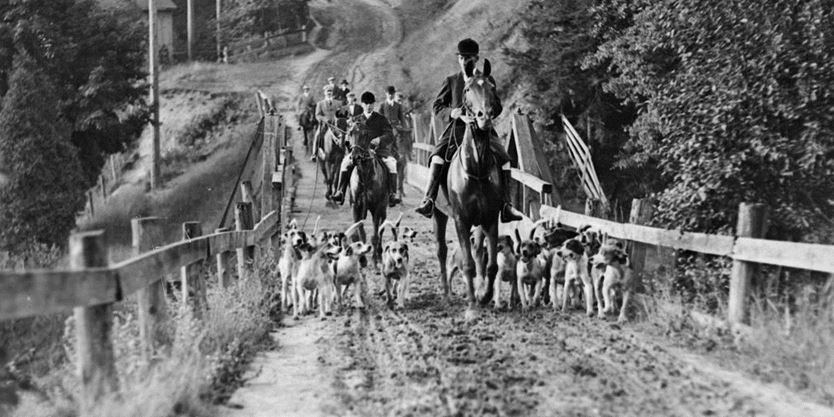Antonio Rosetti was a contemporary of Haydn and Mozart who, in his day, was highly regarded as a composer. He was born Anton Rösner in Bohemia, later changing his name to Antonio Rosetti. In 1773 he was hired as a servant and double-bass player in the well-regarded court orchestra of Kraft Ernst, Prince of Öttingen-Wallerstein in southern Germany. Rosetti’s compositional talents were quickly recognized, particularly for his expressive and sensitive woodwind writing. He soon became the Prince’s court composer, writing many symphonies, concertos, vocal and choral works. In 1789 Rosetti took on the post of Kapellmeister to the Duke of Mecklenburg-Schwerin in northeast Germany. He died three years later in 1792, just six months after Mozart’s death.
In 1781 Rosetti received permission from Prince Kraft Ernst to travel to Paris, where his music had become well-known. Many of his works became regular program pieces played by the Concert Spirituel, the same orchestra that had premiered Mozart’s “Paris” Symphony (No. 31) a few years earlier. Rosetti was very impressed by the orchestra, and composed his symphony “La Chasse” (“The Hunt”) specifically for it.
It features a full set of woodwinds and makes good use of them in this work. As a matter of musical taste, Parisian audiences favored lively and dramatic passages and scales; Rosetti uses those to great effect in this symphony. The first movement starts out with a whisper, with a dramatic crescendo to a first theme of leaps and scale-like passages. An expressive second theme in the strings is reminiscent of a Mozart or Haydn symphony.
The unusual second movement adagio is built around an expressive wind choir of clarinets and bassoons, punctuated by pizzicato string accompaniment. The third movement is a majestic minuet, with a lilting trio featuring solo winds. Rosetti pulls out all of his musical stops in the last “hunt” movement, including motifs of galloping horses, horn calls, and even barking hunting dogs, to bring this piece to a rousing conclusion.
Symphony in D Major
La Chasse
Composed in 1786
By Antonio Rosetti






